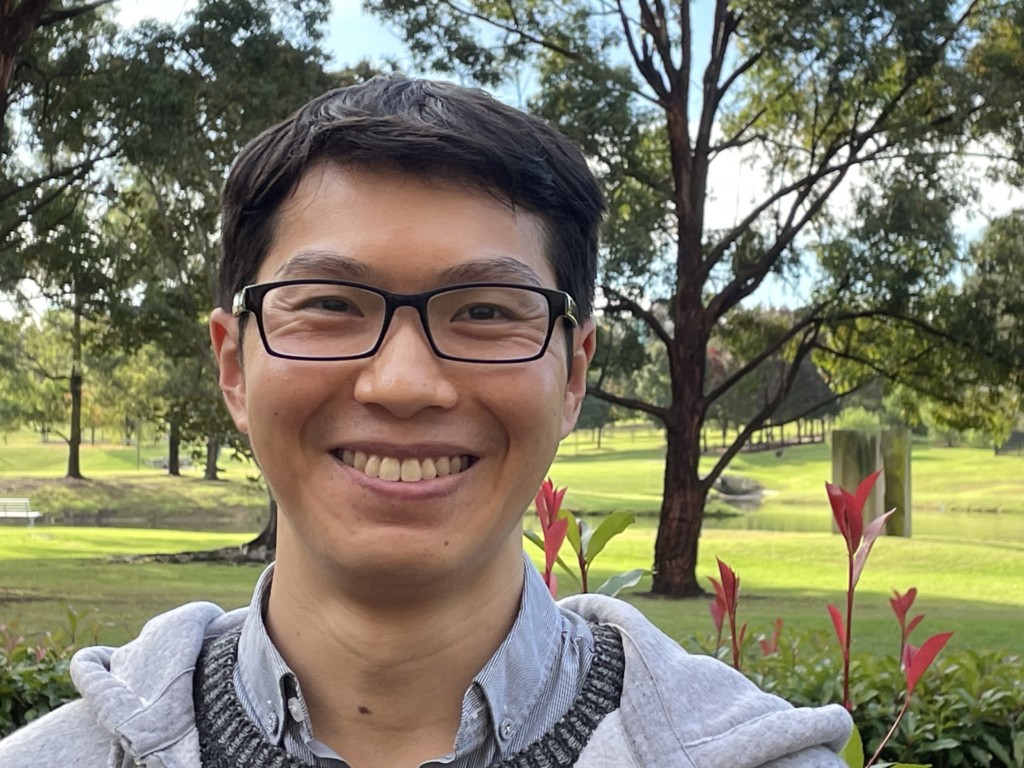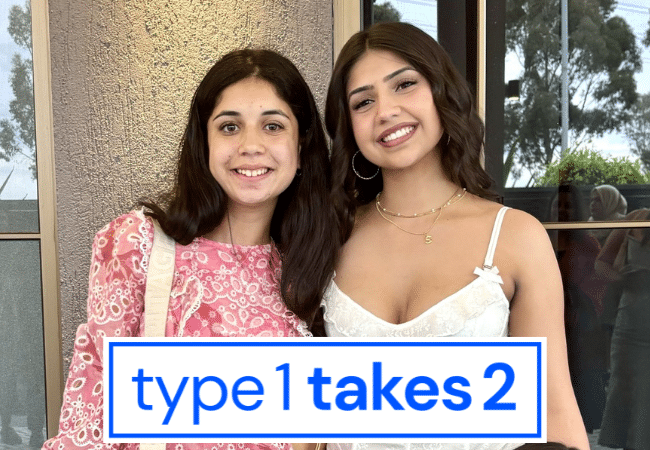Meet JDRF PhD Top-Up Scholarship recipient Dr Wilson Wong
Each year, JDRF offers a PhD Top-Up Scholarship to provide additional funding for PhD students pursuing type 1 diabetes research. Since its inception, the scholarship has helped more than 20 outstanding students kick-start a career in T1D research. Over the next few weeks, we’re catching up with some former recipients to find out what they’ve been up to since receiving the award, and where they’re headed next.

Dr Wilson Wong is a Postdoctoral Fellow at Western Sydney University. He received a JDRF PhD Top-Up Scholarship in 2014. Last year, Wilson received the prestigious Lindsey Baudinet Rising Star Award from the Australian Diabetes Society to continue the work started during his PhD.
We caught up with Wilson to find out what he’s been up to since receiving his JDRF scholarship.
Why did you decide to study type 1 diabetes research?
I moved to Australia from Hong Kong in 1990, and after completing my Honours degree I worked as a research assistant for a year at the University of Sydney. That experience helped me become really interested in the biology of disease, and I decided I wanted to help find ways to prevent or improve treatments in diseases like type 1 diabetes.
What did your PhD project involve?
My PhD project focused on understanding regulators of gene expression in pancreatic islets, and investigating tissue signatures to improve islet transplantation outcomes.
I discovered two genetic variations that can help predict the quality of islet cells before they are transplanted – this means that doctors have a way of finding the best quality cells, making the transplant more likely to be effective. I also made discoveries relating to how islet cells produce insulin and why these cells are destroyed in people with T1D.
What are you working on now?
I work in Prof Anand Hardikar’s lab on the DREAM-Nano study, funded by JDRF Australia and the Leona M. and Harry B. Helmsley Charitable Trust. We’re developing a chip based on nanotechnology and photonics that can predict the loss of insulin-producing cells, and therefore the development of T1D. This could be used in screening programs for early detection of T1D, or to develop new treatments.
I’m also continuing the work of my PhD through the 2020 Australian Diabetes Society Lindsey Baudinet Rising Star Award, looking at islet cell hypoxia – a major focus in islet transplantation.
What do you like best about working in research?
It’s very satisfying and rewarding to be a researcher. Throughout my career I’ve made contributions that might seem small but are actually significant when it comes to improving the lives of people with type 1 diabetes. That gives me a great sense of satisfaction, and I hope to continue making these contributions in the future.
What’s your advice for people wanting to pursue a career in T1D research?
My PhD in type 1 diabetes research was a wonderful journey – I was fortunate to meet a supervisor, mentors, colleagues and friends who all provided encouragement and guidance to help me on my path.
I think working as a research assistant prior to committing to a PhD helped me familiarise myself with what a career in research would be. That’s what convinced me to take up research in type 1 diabetes!
Applications for the 2021 JDRF PhD Top-Up Scholarship are open now. To find out more and apply, click here.




